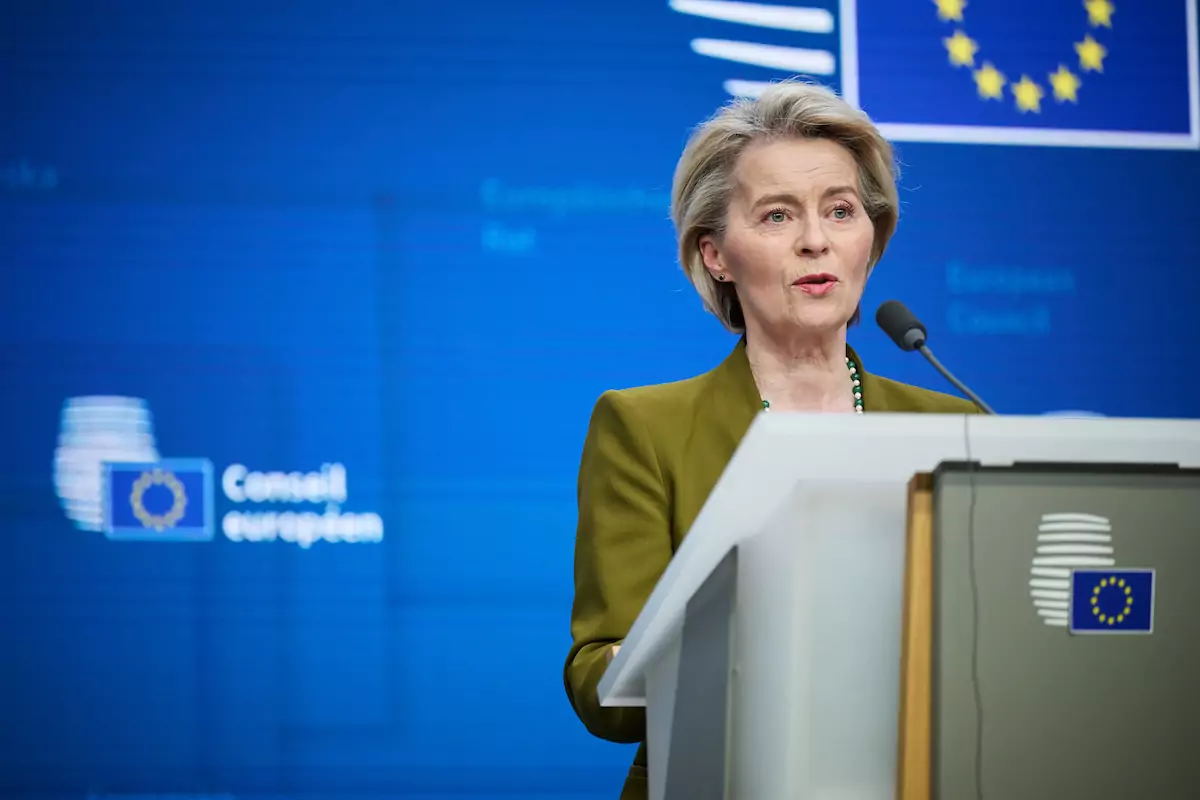The European Commission has announced the rebranding of its multi-billion euro defence initiative from ‘Rearm Europe’ to ‘Readiness 2030’ responding to concerns raised by Italian Prime Minister Giorgia Meloni and Spanish Prime Minister Pedro Sánchez.
The original title, ‘Rearm Europe’, was deemed overly militaristic by both leaders, who feared it might alienate citizens. Prime Minister Meloni said there needed to be a broader approach, stating that strengthening defence capabilities involves more than just purchasing armaments; it encompasses operability, essential services, energy infrastructures, and supply chains.
Similarly, Prime Minister Sánchez said he was uncomfortable with the term, advocating for a more comprehensive definition of defence that includes areas like cybersecurity, anti-terrorism, quantum computing, artificial intelligence, and satellite communications. He said that the challenges faced by southern Europe differ from those in the East.
In response, the European Commission’s chief spokesperson, Paula Pinho, acknowledged the sensitivity surrounding the original name and confirmed the shift to ‘Readiness 2030’. She explained that the new title encapsulates a broader scope while maintaining the initiative’s original objectives
The ‘Readiness 2030’ plan aims to enhance defence capabilities and production across the European Union by 2030. It includes a specific programme, now called SAFE, designed to raise and distribute €150 billion in low-interest loans to facilitate the acquisition of advanced weapons and ammunition. Additionally, the Commission has proposed targeted relaxation of fiscal rules to mobilise up to €650 billion, bringing the total potential investment to €800 billion.
The financial implications of Readiness 2030
While the strategic shift behind Readiness 2030 is being presented as necessary in light of current global threats, the financial implications for everyday Europeans are expected to be significant. Experts have warned that injecting such a vast amount of money into defence could increase national debt levels and put upward pressure on inflation. Klaas Knot, President of the Dutch Central Bank, noted that although enhanced defence spending may be justified, it complicates inflation forecasting and could contribute to a rise in the cost of living across the bloc. As governments take on more debt to fund this initiative, the economic ripple effects may soon be felt by households across Europe.
There are also concerns that the reallocation of national budgets towards defence may come at the expense of vital public services. For decades, Europe benefited from a post-Cold War “peace dividend” that allowed governments to prioritise social programmes over military spending. With the renewed focus on security, however, that balance may begin to shift. A sustained increase in defence investment could mean fewer resources for healthcare, education, and welfare—sectors many citizens rely on daily.
Monaco Life is produced by real multi-media journalists writing original content. See more in our free newsletter, follow our Podcasts on Spotify, and check us out on Threads, Facebook, Instagram, LinkedIn and Tik Tok.
Main photo: President Ursula von der Leyen at the European Council summit, source: European Commission
